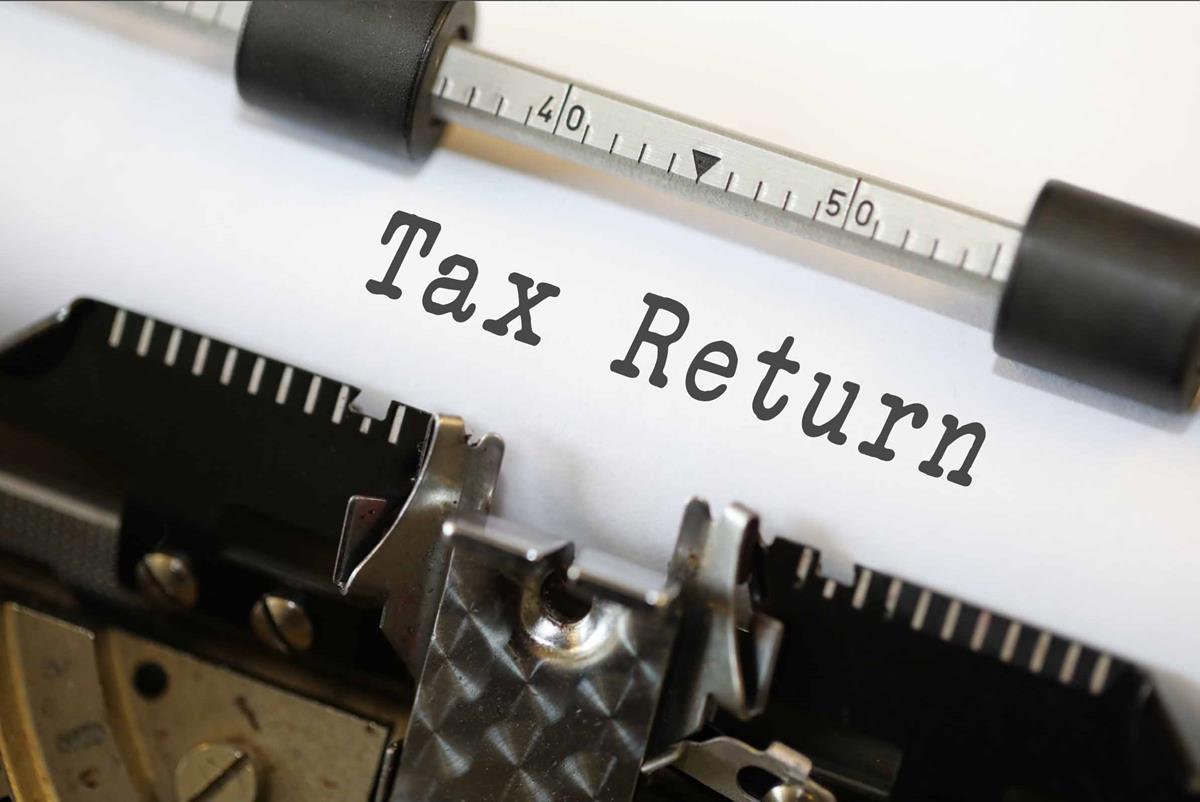Are you aware of how National Insurance contributions are calculated and collected – if you have more than one job or self-employment role?
Did you know that National Insurance contributions are collected separately for each employment and self-employment, but are subject to an annual cap. You may have exceeded the annual cap on National Insurance contributions and been completely unaware.
So, how would this have happened and what action should you take if you have overpaid?
Firstly, let’s put this into context and add some flesh to the bones…
Here’s an example of National Insurance Contributions Calculated:
Gemma had two forms of employment for 2016/2017. She earns £50,000 in one job and £30,000 in the other. She pays primary Class 1 contributions of £4,332.80 in respect of the job paying £50,000 per year (£43,000 – £8,060 @ 12%) + (£50,000 – £43,000 @ 2%). Gemma also pays contributions of £2,632.80 (£30,000 – £8,060 @ 12%) in respect of the job paying £30,000 per year.
Her total Class 1 liability in respect of both jobs is £6,965.60 (£4,332.80 + £2,632.80).
However, if Gemma had one job paying £80,000, she would pay Class 1 contributions of £4,932.80 (£43,000 – £8,060 @ 12%) plus (£80,000 – £43,000 @ 2%). This is £2,032.80 less than the combined contributions from the two jobs withe the same total earnings of £80,000. This is because spreading the earnings over more than one job results in more contributions being paid at the main rate of 12%.

While Directors have an annual earnings period, they may still pay contributions in excess of the annual maximum if they have more than one job.
If you have more than one employment and your total earnings exceed the upper earnings limit of £43,000 (per year 2016/2017), we can review your contributions for the next year in case you have already or will in future exceed the annual maximum.
So, thinking ahead…
If we know tbefore the start of the tax year that you have or will have more than one employment where the contributions payable will exceed the annual maximum, it is possible to apply for a deferment. This removes the need to pay contributions initially and then claim a refund after the end of the tax year.
The extent to which it is possible to apply for a deferment depends on the number of employments and the level of earnings achieved. If the earnings from job are at least to the upper earnings limit (set at £866 per week, £3,750 per month or £45,000 per year for 2017/2018), deferment is permitted in respect of any other jobs.
However, deferment is still possible if none of the jobs has earnings in excess of the upper earnings limit, but the earnings criteria is met.
Here’s an example for you:
Adam has three jobs in 2017 earning, respectively, £800 per week, £300 per week and £150 per week. The earning criteria is met in respect of the first 2 jobs, for which weekly earnings of £1,100 per week are more than the earning criteria of £1,023 per week. Deferment will then be permitted in respect of the third job in this case.









